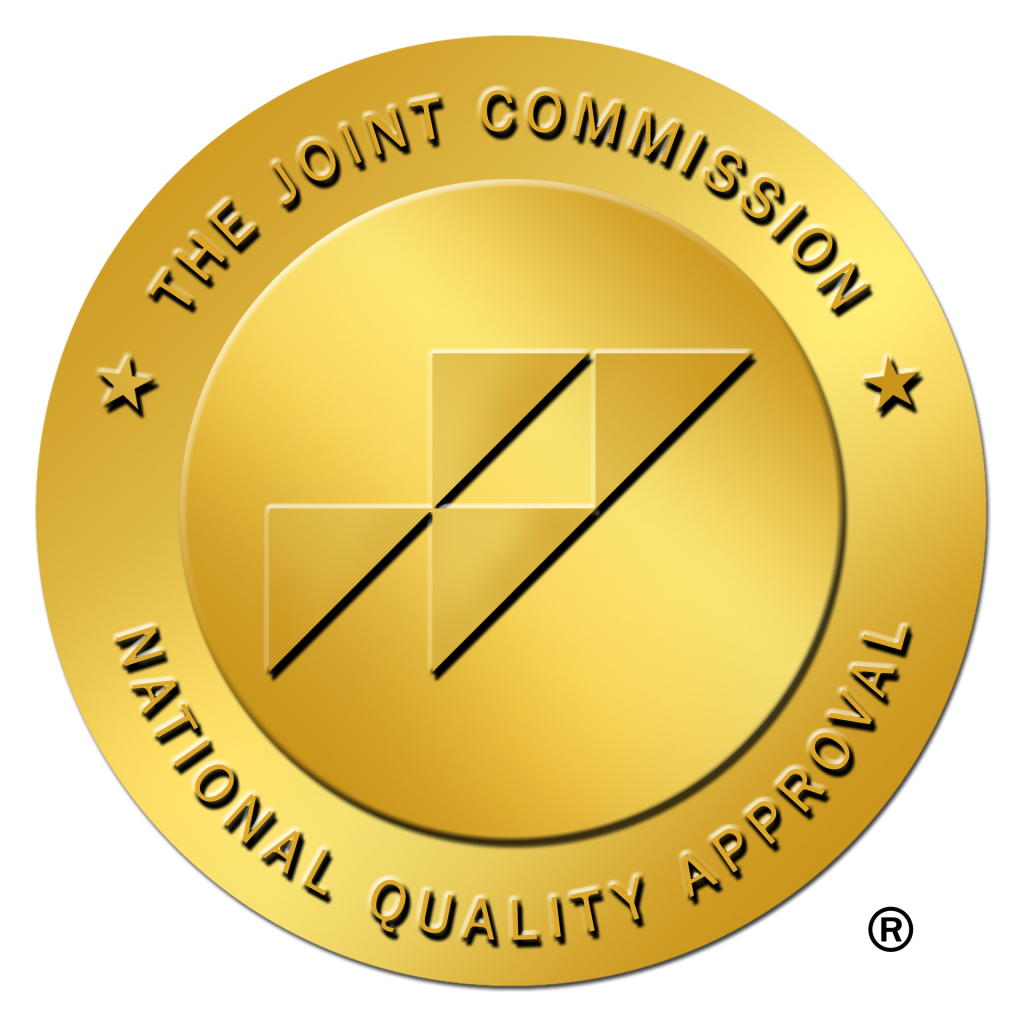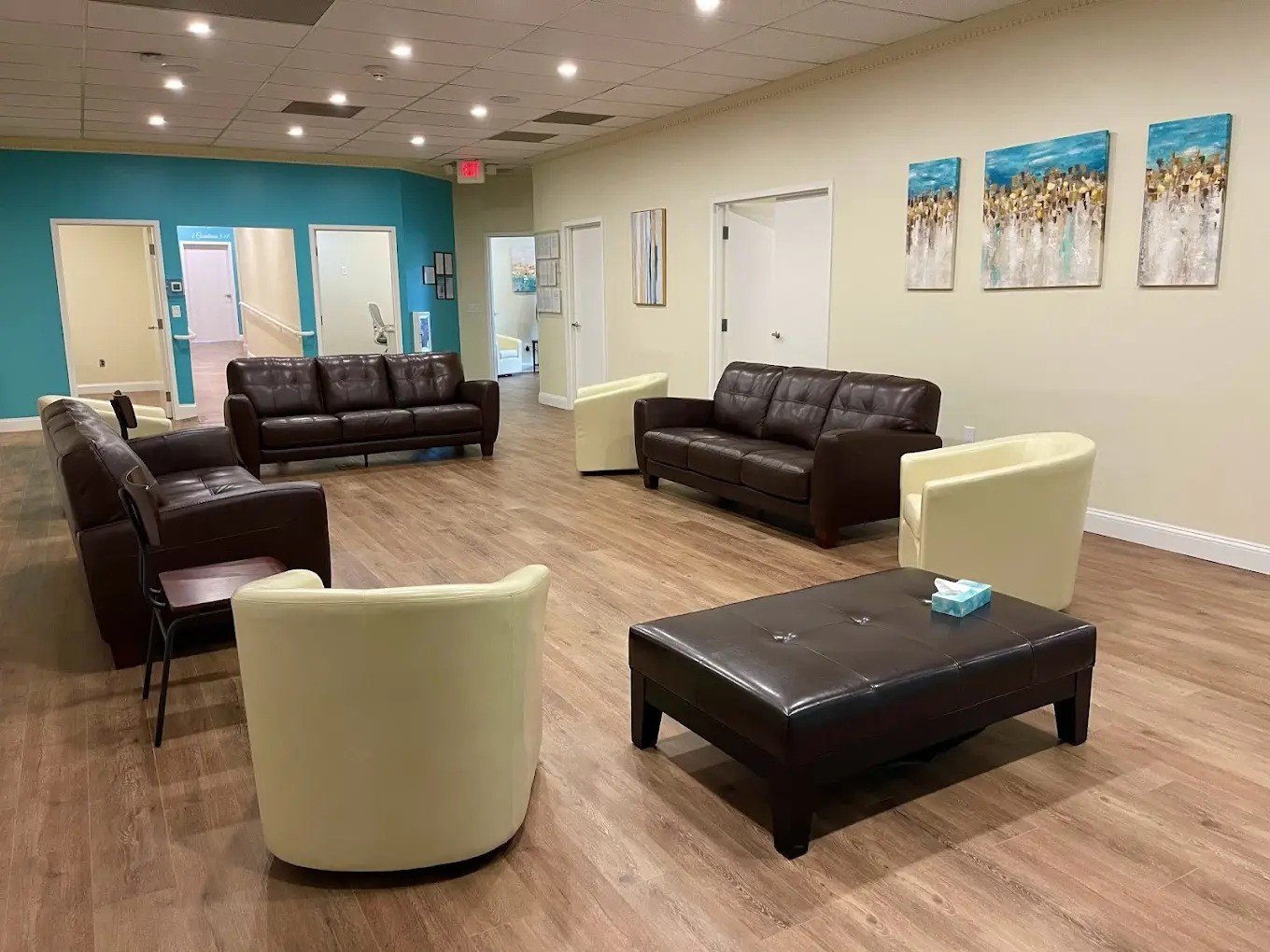Intensive Outpatient Rehab Nj
Introduction to Outpatient Rehab in New Jersey
Intensive outpatient rehab in NJ serves as a vital option for individuals seeking treatment for substance use disorders while maintaining their daily routines. New Chapter Recovery, located in Parsippany-Troy Hills, exemplifies an organization dedicated to providing comprehensive outpatient care. Intensive outpatient programs (IOPs) are especially designed for those who need flexibility and a high level of support but prefer not to enter residential treatment.
Structure of an Intensive Outpatient Program
Intensive outpatient programs offer a structured yet flexible treatment approach. Typically, clients attend therapy sessions multiple times a week, allowing them to engage in treatment while continuing with their daily responsibilities. At New Chapter Recovery, the flexible scheduling accommodates the unique needs of working professionals, students, and families.
The program commonly includes a combination of evidence-based therapies such as cognitive-behavioral therapy (CBT), dialectical behavior therapy (DBT), and motivational interviewing. These therapies are tailored to address each client’s specific needs and promote sustainable recovery.
Distinctively, New Chapter Recovery integrates dual diagnosis services, addressing both addiction and co-occurring mental health conditions. This holistic approach ensures comprehensive care that targets all aspects of a client’s well-being.
Importance of the Dual Diagnosis Model
Dual diagnosis is a critical component of intensive outpatient rehab NJ, offering specialized care for individuals with concurrent mental health and substance use disorders. At New Chapter Recovery, the dual diagnosis model is integrated into all treatment plans, providing a seamless approach that addresses complex conditions.
By focusing on both substance use and mental health, the dual diagnosis model helps clients achieve more effective outcomes. This model incorporates trauma-informed care practices to ensure compassionate, respectful treatment that acknowledges the impact of past experiences on present challenges.
The clinical team at New Chapter Recovery crafts personalized treatment strategies that address each client’s unique history and goals, leading to measurable clinical improvements and enhanced quality of life.
Evidence-Based Therapies Used
New Chapter Recovery employs a diverse array of evidence-based therapies to support clients on their recovery journey. Cognitive-behavioral therapy (CBT) and dialectical behavior therapy (DBT) are core components of the therapeutic approach, providing clients with the tools to manage thoughts, emotions, and behaviors effectively.
The center also incorporates acceptance and commitment therapy (ACT) and experiential therapy to deepen personal insight and foster resilience. Animal-assisted therapy and faith-based recovery options offer additional pathways for engagement, reflecting the center’s commitment to personalized care.
Specialty Tracks and Programs
Recognizing the unique needs of its diverse clientele, New Chapter Recovery offers specialty tracks alongside its core programs. These include veterans’ treatment programs and faith-based recovery options, allowing clients to choose the path that best resonates with their beliefs and experiences.
The center’s animal-assisted therapy program provides clients with a unique therapeutic experience, leveraging the calming and motivational effects of animal interaction to enhance recovery engagement. These specialty tracks cater to individual preferences, promoting tailored treatment experiences.
Integrated Care and Accessibility
Accessibility and integration are central to the philosophy of New Chapter Recovery. The center offers a streamlined admission process, including fast, confidential assessments and same-day admissions. This responsive approach ensures that clients can access care without unnecessary delays.
Insurance verification is expedited by a dedicated team, facilitating prompt access to treatment for those with out-of-network benefits and VA or Tricare coverage. This emphasis on accessibility underscores the center’s commitment to providing support for all individuals seeking outpatient alternatives to residential rehab.
Flexible Scheduling and Program Design
Flexibility is a hallmark of the intensive outpatient rehab NJ offerings at New Chapter Recovery. The center’s programming is designed to accommodate the varied schedules of its clients, with day and evening sessions available to suit personal commitments.
The Partial Hospitalization Program (PHP) allows clients to receive intensive treatment during the day while returning home in the evenings, striking a balance between comprehensive care and personal independence. Intensive outpatient sessions are tailored to meet the needs of those balancing work or school, ensuring that recovery can be seamlessly integrated into daily life.
Long-Term Relapse Prevention Focus
A core focus of outpatient rehab is long-term relapse prevention. At New Chapter Recovery, this begins with personalized treatment plans crafted by a multidisciplinary clinical team. These plans incorporate goal setting and therapeutic modalities that equip clients with the skills necessary to maintain sobriety long after treatment ends.
Structured follow-up and aftercare planning further support clients in their recovery journey, providing a roadmap for sustained success. These initiatives emphasize the importance of ongoing support and community reintegration as critical components of lasting recovery.
Client-Centered Approach and Outcomes
New Chapter Recovery’s client-centered approach is characterized by its commitment to individualized care and measurable outcomes. Treatment plans are tailored to each client’s unique circumstances, ensuring that all aspects of their recovery journey are addressed.
Through continuous evaluation and adjustment of treatment strategies, the center prioritizes achieving tangible improvements in client well-being. This dynamic, adaptive approach is designed to meet the evolving needs of clients, supporting their progress towards lasting sobriety.
Engagement with Family and Community
Family involvement is a critical aspect of successful outpatient treatment. New Chapter Recovery offers family support sessions as part of its comprehensive offerings, recognizing the value of familial support in promoting recovery.
The center also emphasizes community engagement, fostering a supportive network that clients can rely on throughout their treatment. By maintaining transparent communication with families and referral sources, New Chapter Recovery ensures a collaborative, holistic approach to client care.
Innovative Approaches in Outpatient Rehab
Innovation is a driving force behind New Chapter Recovery’s approach to outpatient care. By integrating cutting-edge therapies and unique specialty programs, the center remains at the forefront of effective, evidence-based treatment approaches.
Through its diverse offerings, New Chapter Recovery continuously seeks new solutions and perspectives that address the complex challenges faced by individuals with substance use disorders. This commitment to innovation is reflected in the center’s ability to adapt to and meet the needs of its clients, facilitating effective recovery outcomes.
What are the key benefits of Intensive Outpatient Programs (IOPs) compared to residential treatment?
Intensive Outpatient Programs (IOPs) offer several advantages over residential treatment, particularly for individuals who require flexibility in their recovery journey. These programs enable participants to maintain their daily routines, such as work or school, while receiving structured and comprehensive care. For instance, someone balancing a demanding job can attend therapy sessions during the evenings, ensuring they continue meeting both personal and professional responsibilities.
Additionally, IOPs typically provide a supportive community network that aids recovery without the need for complete residential isolation. This can lead to better long-term integration of coping strategies into everyday life. A report by the Substance Abuse and Mental Health Services Administration (SAMHSA) suggests that outpatient care can be particularly effective for individuals with strong social support systems.
Overall, IOPs blend the intensity of medical and therapeutic support with the flexibility needed for real-world application, making them a highly accessible option for many.
How do Intensive Outpatient Programs address dual diagnosis disorders?
Dual diagnosis, the simultaneous treatment of substance use and co-occurring mental health disorders, is expertly managed within Intensive Outpatient Programs like those at New Chapter Recovery. This integrated approach ensures that all facets of an individual’s mental health are considered, leading to more holistic and effective outcomes.
The dual diagnosis model acknowledges that untreated mental health issues can exacerbate substance use disorders. By incorporating therapies such as Cognitive Behavioral Therapy (CBT) and Dialectical Behavior Therapy (DBT), IOPs provide the tools needed to address mental health symptoms alongside addiction recovery strategies. One hypothetical scenario might involve a client learning to manage anxiety through CBT, reducing the likelihood of turning to substances as a coping mechanism.
This comprehensive approach is essential as studies indicate that treating both disorders simultaneously produces better clinical outcomes. How might dual diagnosis care transform your understanding of comprehensive treatment approaches?
What evidence-based therapies are utilized in Intensive Outpatient Rehab Programs?
Intensive Outpatient Rehab Programs incorporate various evidence-based therapies to enhance recovery effectiveness. At New Chapter Recovery, clients benefit from tried and tested methods such as CBT, DBT, Acceptance and Commitment Therapy (ACT), and Motivational Interviewing. Each therapy targets different aspects of psychological wellness, helping to reshape thinking patterns, develop emotional regulation skills, and bolster personal motivation towards change.
For example, ACT encourages individuals to accept their thoughts and feelings rather than fighting them, promoting psychological flexibility. This approach is particularly valuable for those facing chronic stress or negative thought patterns. Additionally, specialized therapies like animal-assisted therapy provide unique engagement pathways, which are especially beneficial for clients who resonate with experiential learning methods.
Such diverse therapeutic offerings ensure that treatment plans are adaptable and tailored to individual needs, potentially increasing the therapy’s impact. How important do you think personalization is in therapeutic settings?
How does flexible scheduling benefit clients in Intensive Outpatient Care?
Flexible scheduling within Intensive Outpatient Care is crucial for accommodating the varying commitments of clients, such as work, education, or family duties. At New Chapter Recovery, programs are designed to fit into clients’ existing schedules, with both day and evening sessions available. This flexibility allows individuals to pursue recovery without sacrificing important aspects of their daily life.
Consider a working professional who needs treatment but cannot leave their job. IOPs offer the opportunity to attend evening sessions, enabling them to uphold their work responsibilities while receiving necessary care. This structure not only aids in practical logistics but also encourages higher treatment adherence and lower dropout rates.
Flexible scheduling empowers clients to integrate recovery into their lives sustainably, enhancing their commitment to the process. How might such adaptability change the perception of accessibility in mental health care?
How are family and community involvement encouraged in Intensive Outpatient Rehab?
Family and community involvement are pivotal in the success of Intensive Outpatient Rehab. New Chapter Recovery actively involves clients’ families through support sessions and transparent communication, recognizing the vital role families play in recovery. These sessions provide families with the tools to support their loved ones effectively, fostering an environment conducive to sustainable recovery.
Additionally, community engagement is promoted through organized activities and support networks, ensuring clients have a robust support system. For instance, attending group therapy with community members facing similar challenges can cultivate a sense of camaraderie and shared purpose.
This holistic approach not only supports individual recovery but also strengthens the broader support network surrounding clients, promoting a collective journey toward healing. How do you think involving family impacts the recovery process?
What are the unique specialty tracks available in Intensive Outpatient Programs?
Intensive Outpatient Programs offer various specialty tracks tailored to specific client needs and preferences. For example, New Chapter Recovery offers veterans treatment programs, faith-based recovery options, and animal-assisted therapy. These specialty tracks address the diverse backgrounds and experiences of clients, providing pathways that resonate more personally with their beliefs and circumstances.
Veterans, for instance, might find comfort and camaraderie in programs specifically designed for those who have served, which can address unique challenges related to military experience. Similarly, animal-assisted therapy offers emotional support and motivation, which can enhance engagement and retention in therapy.
These specialized programs ensure that treatment is not only effective but also meaningful and personalized. Could such personalized approaches increase the overall success of rehabilitation efforts?
Resources
- Substance Abuse and Mental Health Services Administration (SAMHSA) – SAMHSA is the leading agency in the United States focused on improving behavioral health. Their website provides valuable resources and information on substance abuse treatment and recovery.
- National Alliance on Mental Illness (NAMI) – NAMI is a grassroots mental health organization dedicated to building better lives for the millions of Americans affected by mental illness. Their website offers support, education, and advocacy resources.
- National Institute on Drug Abuse (NIDA) – NIDA is a government agency that conducts research on drug abuse and addiction. Their website provides data, research findings, and treatment resources related to substance abuse.
- American Psychiatric Association (APA) – The APA is a medical specialty society representing more than 36,000 psychiatric physicians. Their website offers information on mental health conditions, treatment options, and resources for patients and families.
- Centers for Disease Control and Prevention (CDC) – The CDC is a leading national public health institute in the United States. Their website provides data, statistics, and resources on a wide range of health topics, including substance abuse and addiction.






